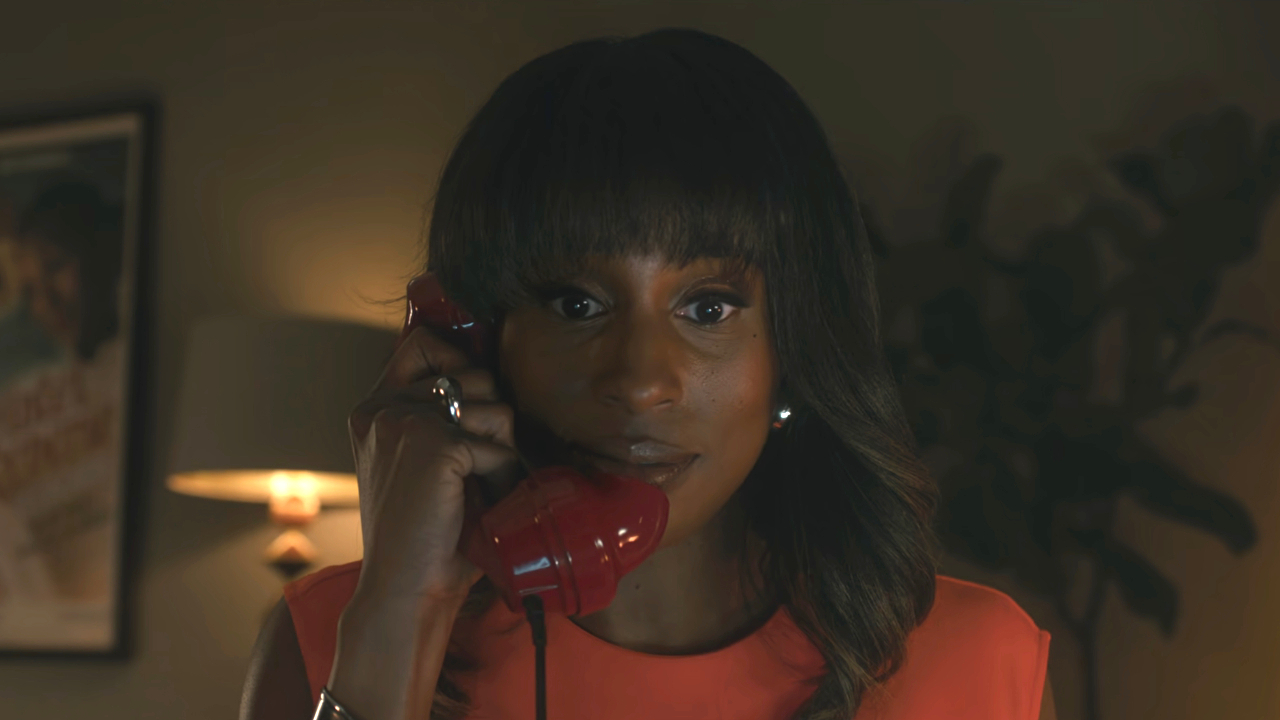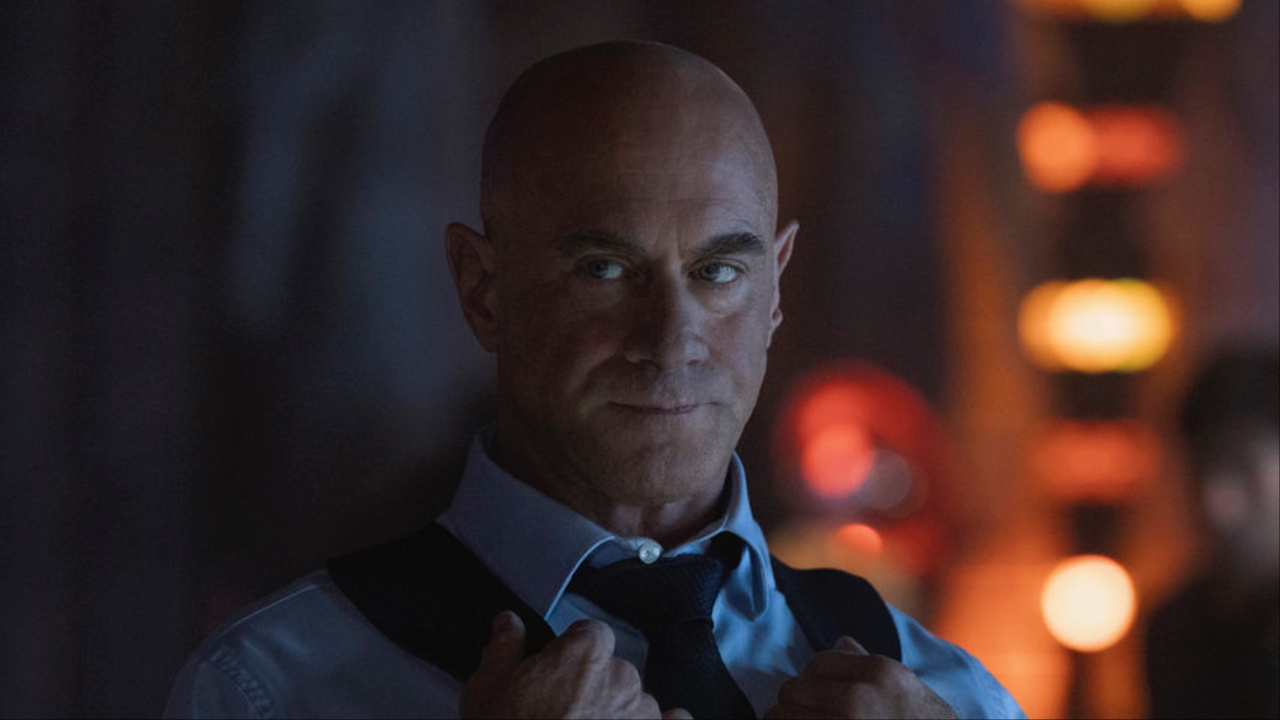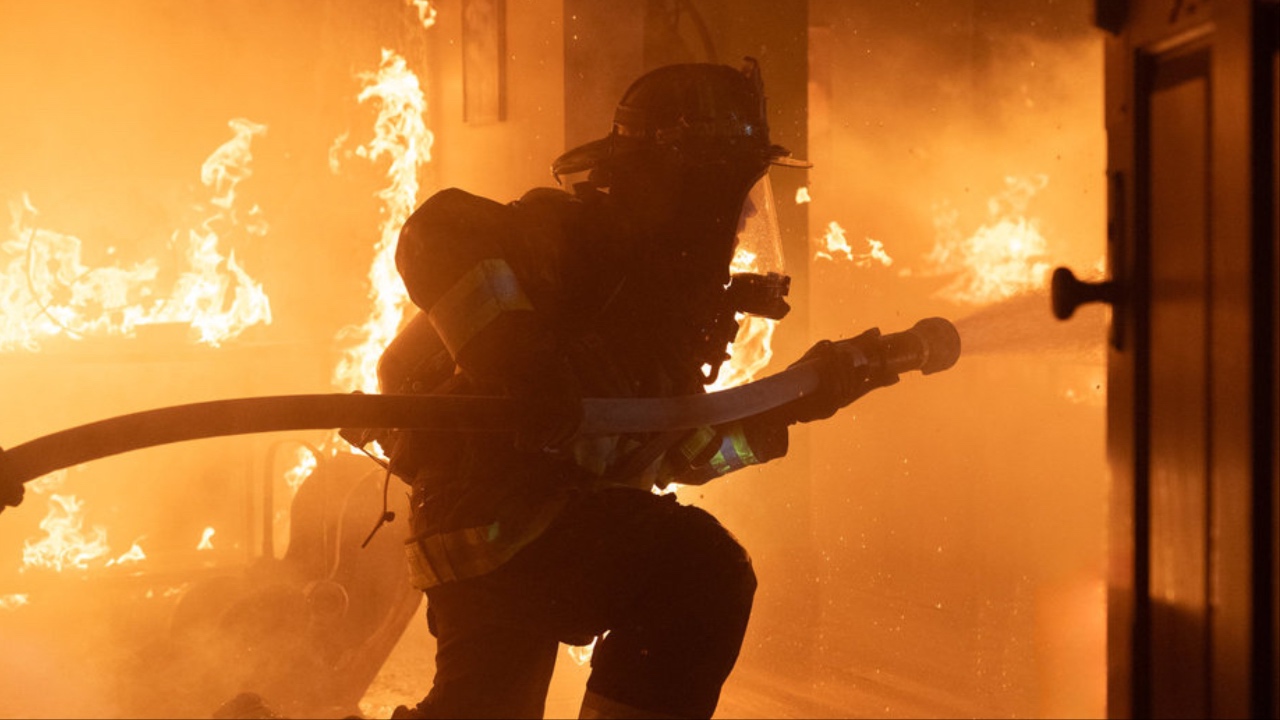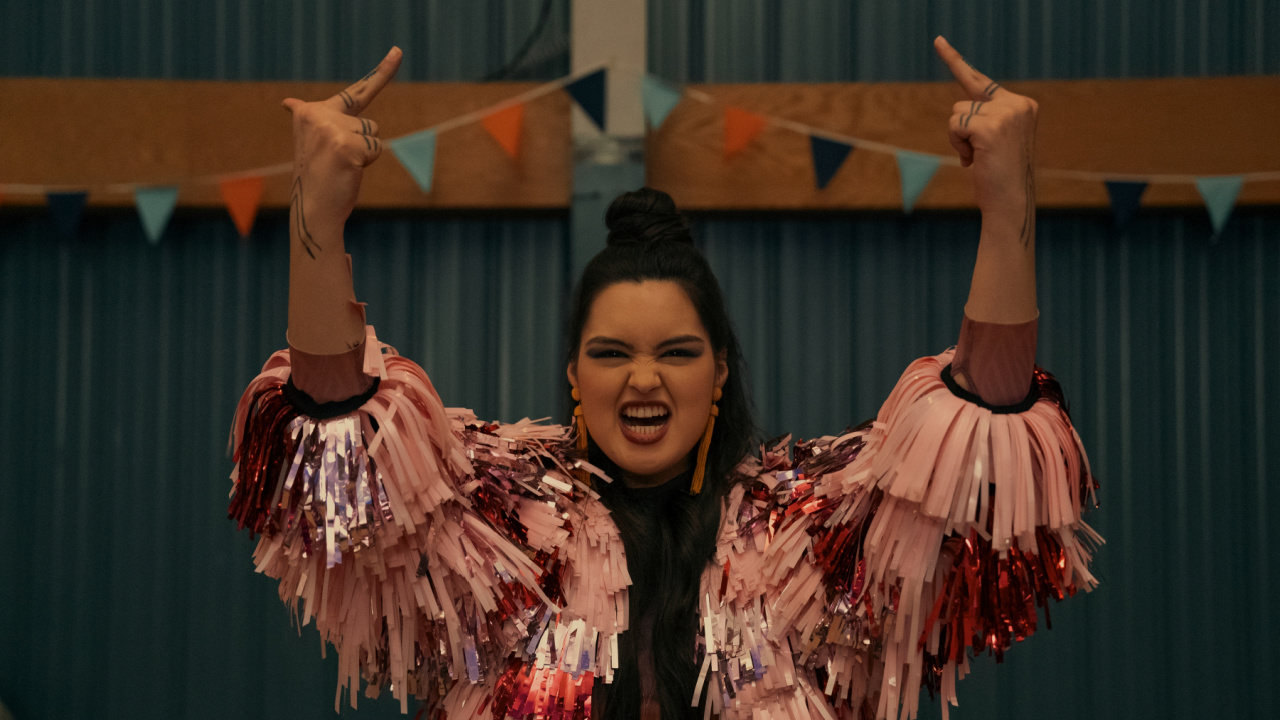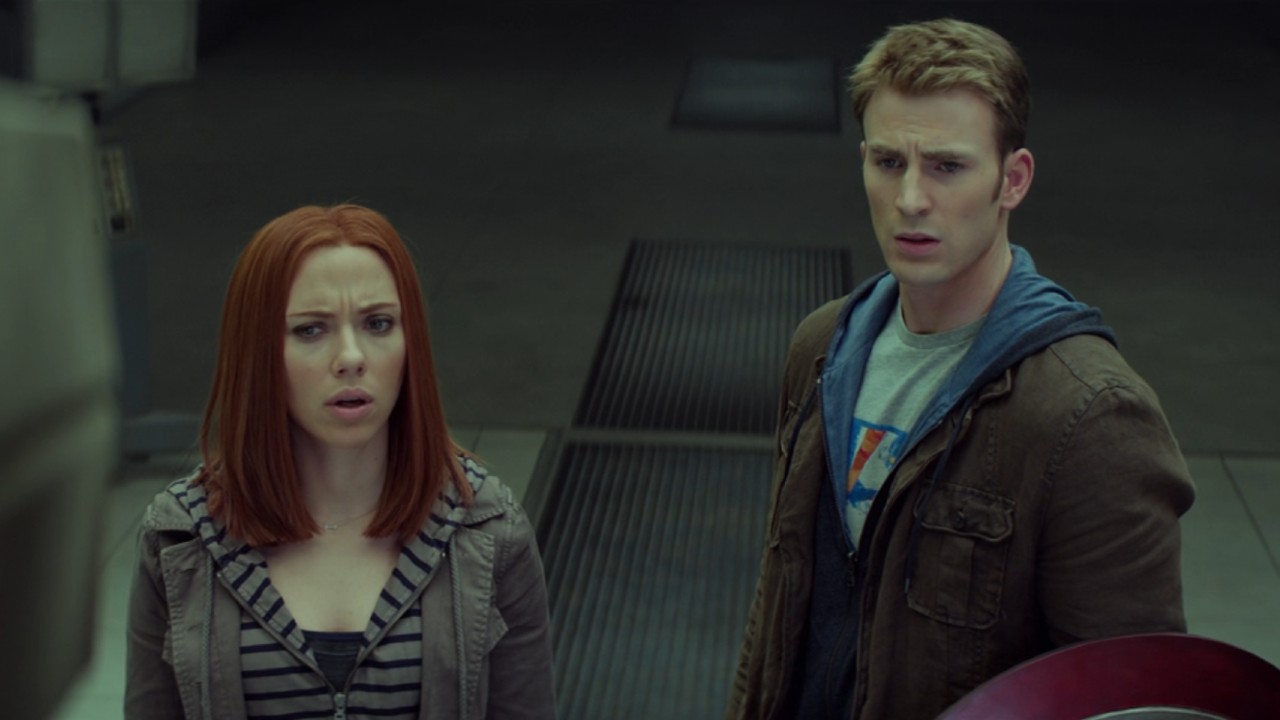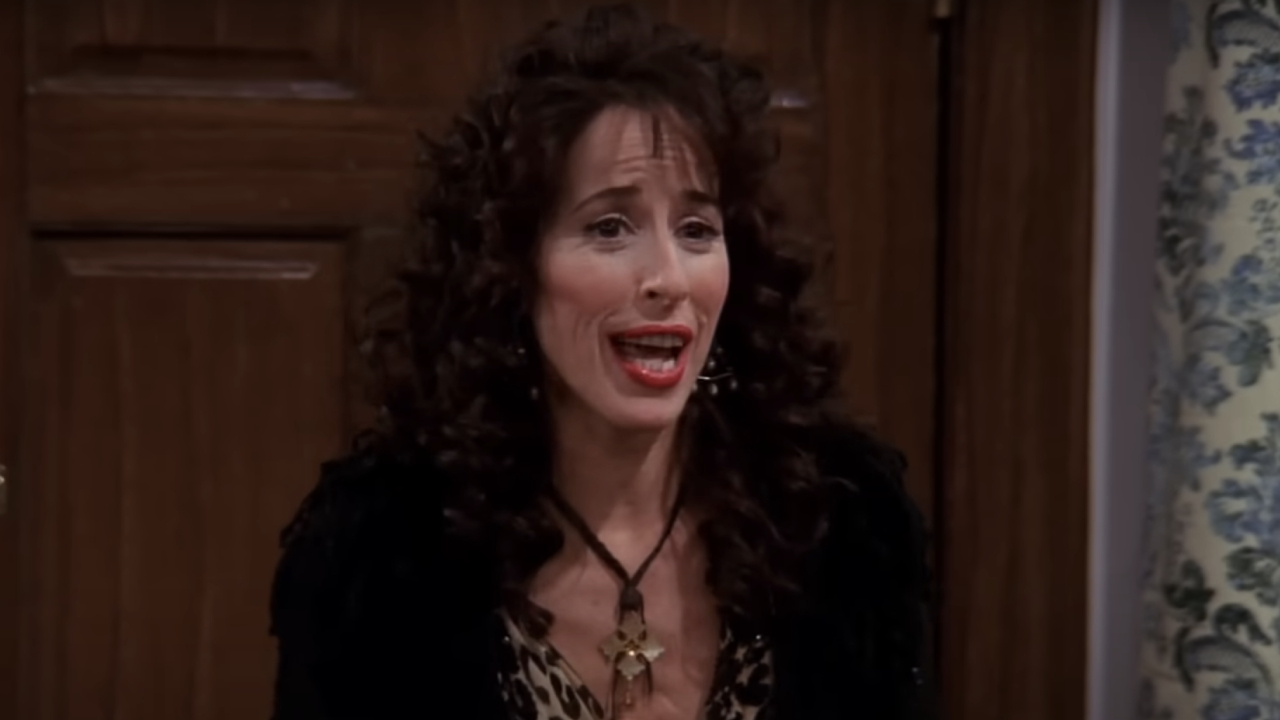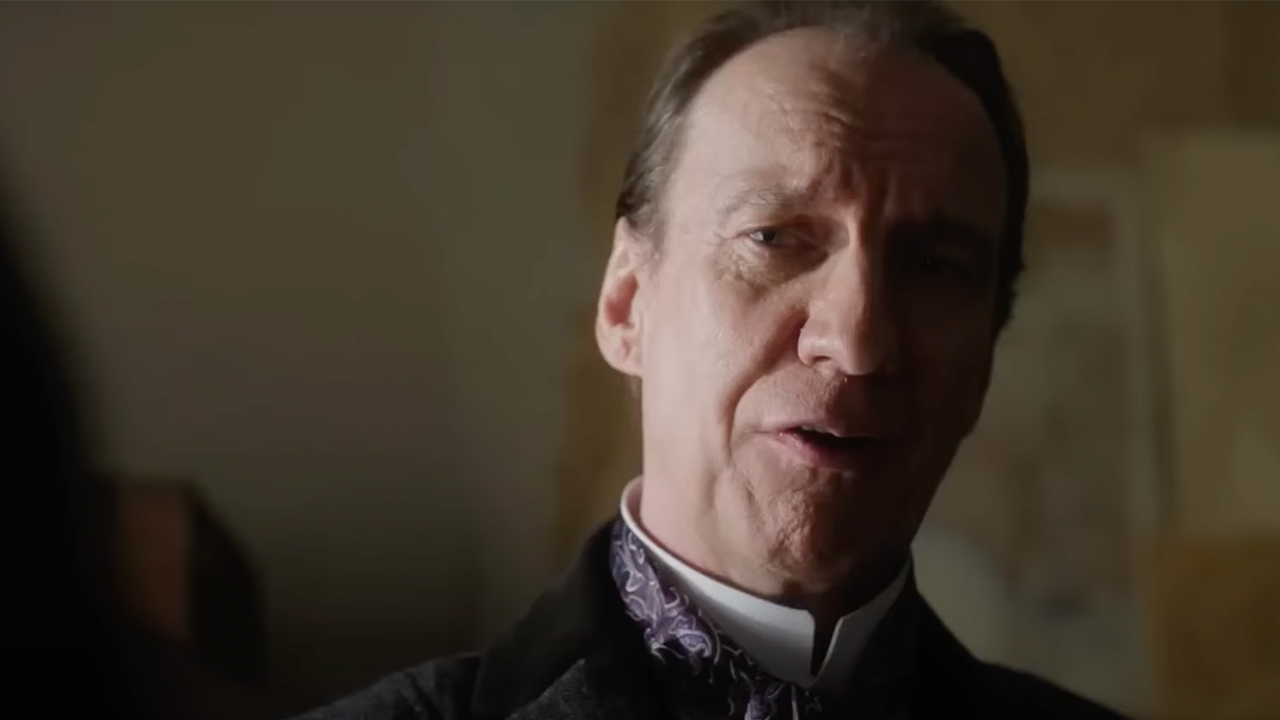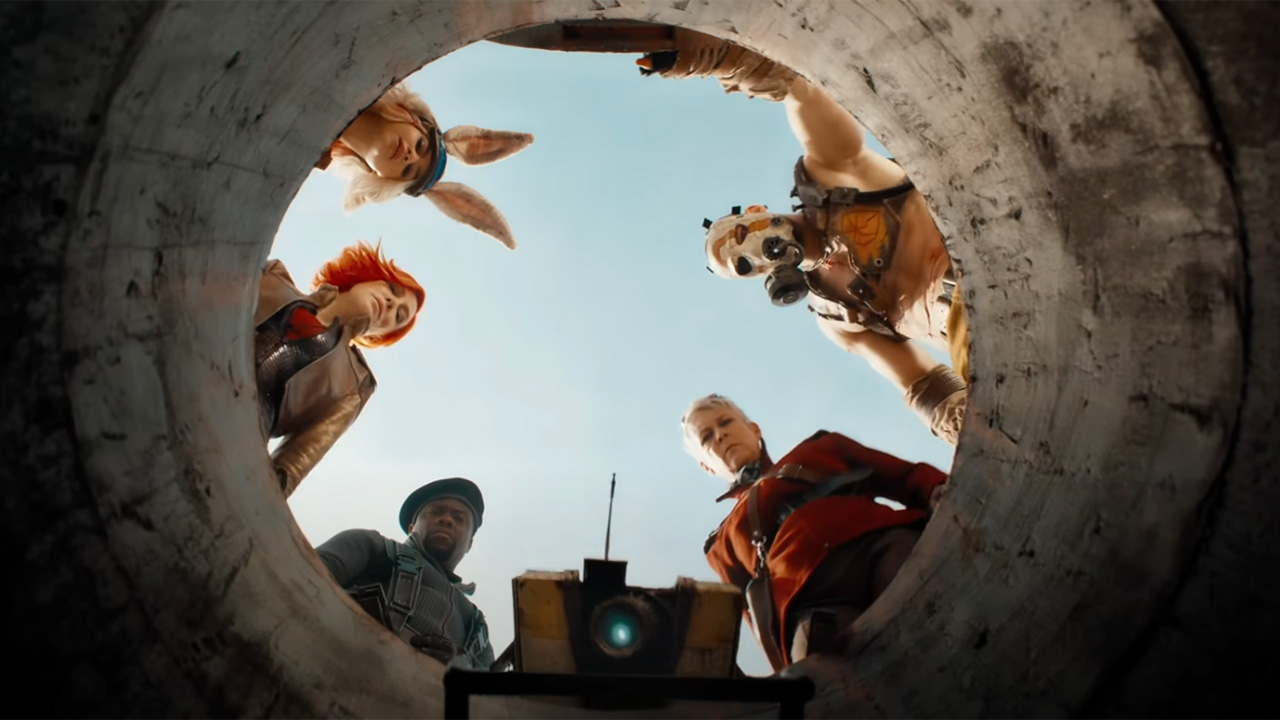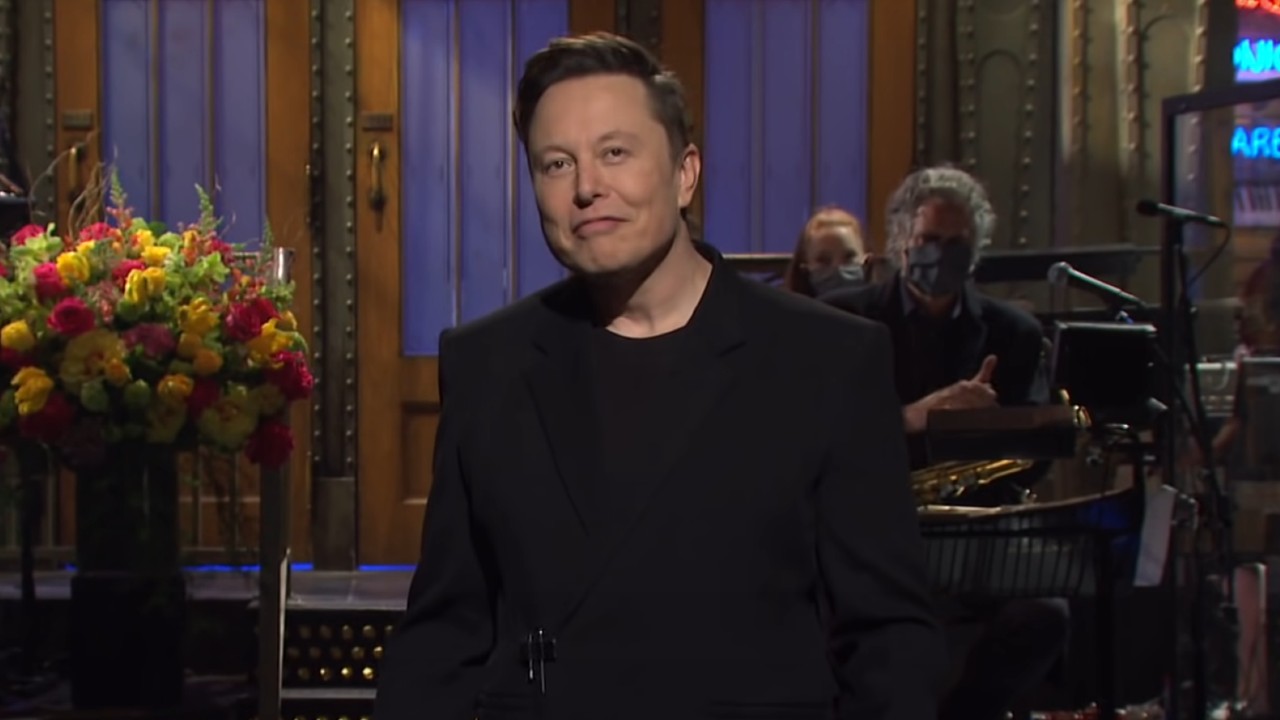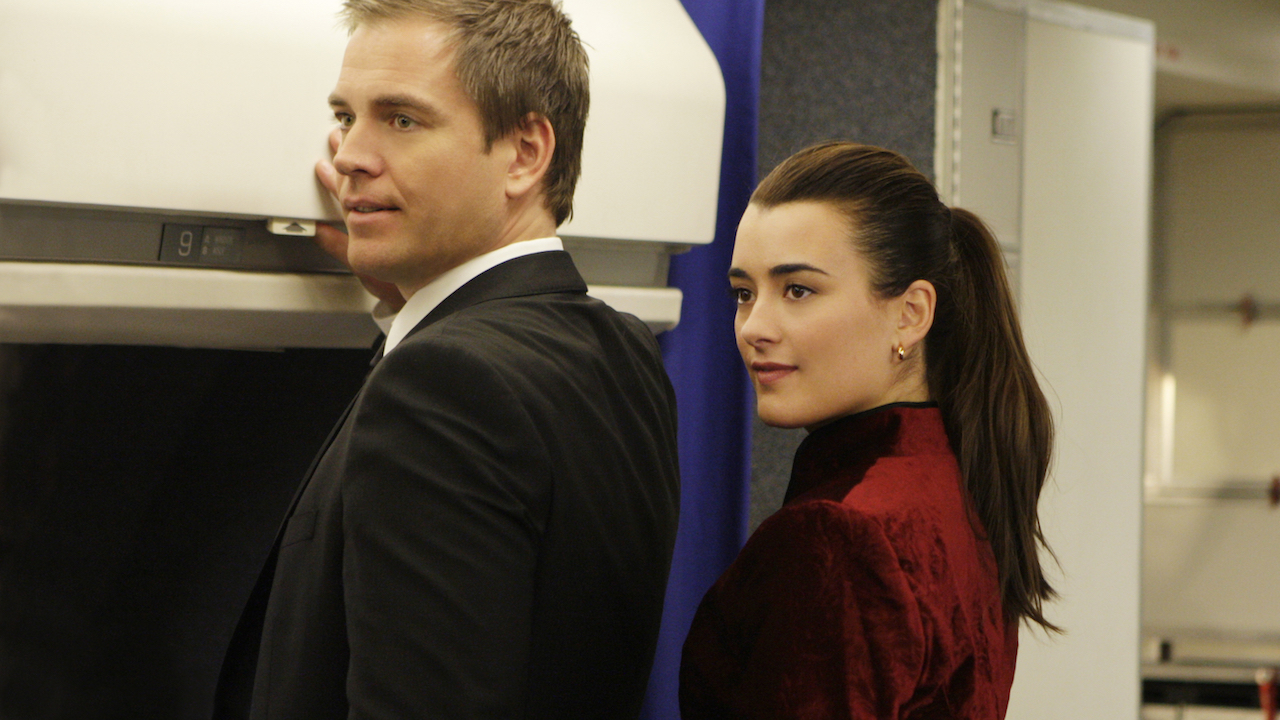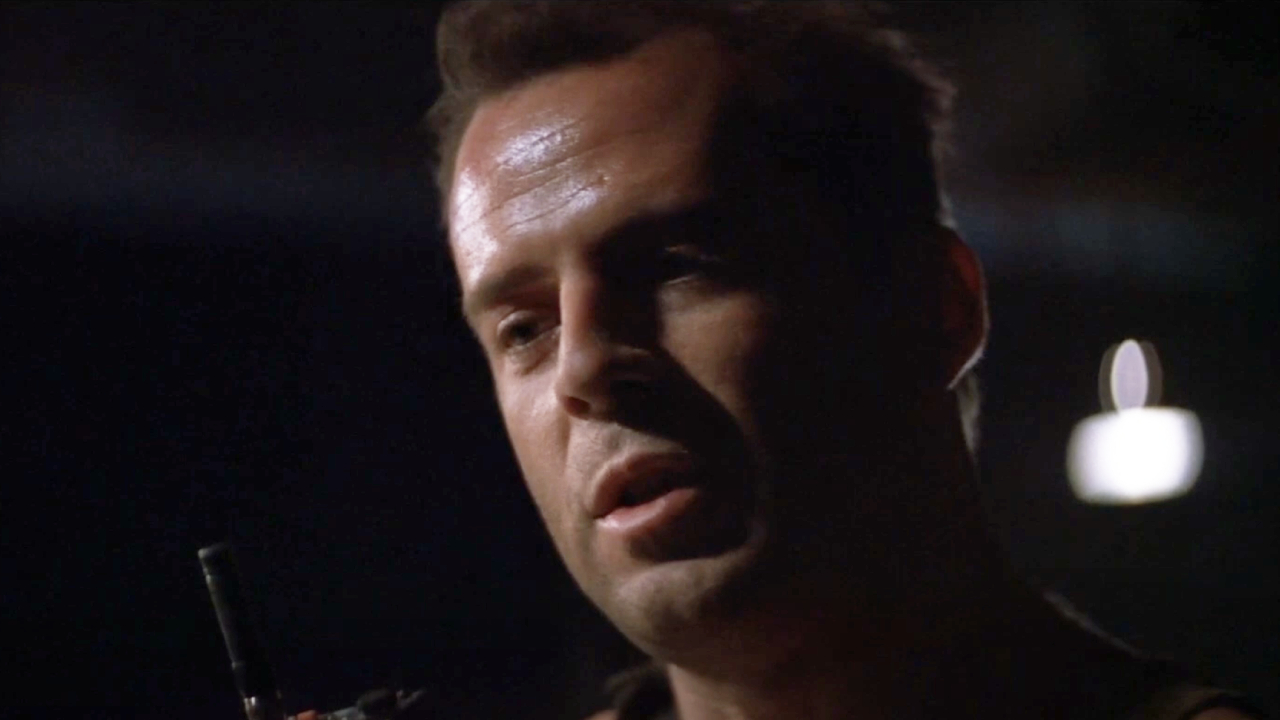Exclusive Interview: Green Hornet Co-Writer Evan Goldberg
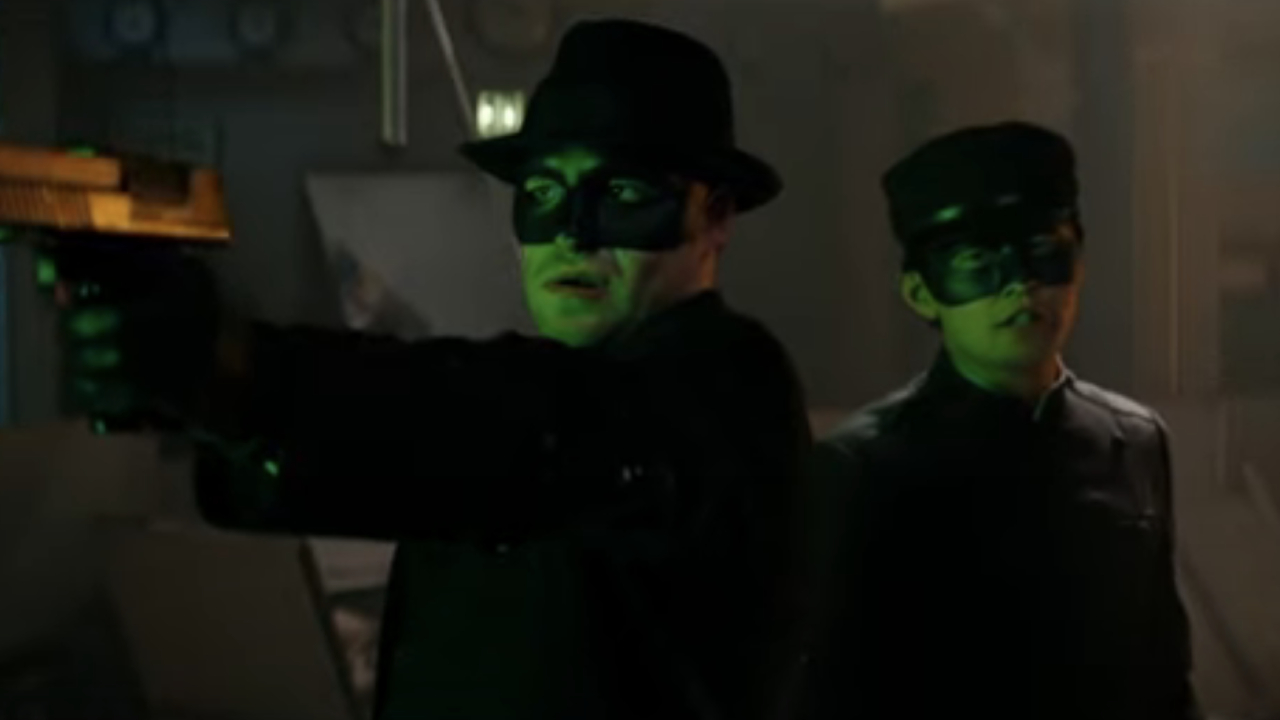
By 2007, Seth Rogen was an established star, seen as the breakout performance in Judd Apatow’s The 40 Year Old Virgin and starring in Knocked Up. But that same summer audiences found out about Rogen’s best friend and writing partner, Evan Goldberg. Since Rogen and Goldberg were 13 they had been working on a script called Superbad that ended up driving audiences to tears in hysterics. The very next summer they did it again with Pineapple Express, and now the two are releasing their third project into the world on Friday: The Green Hornet.
This past weekend I had the incredible opportunity to sit down with Goldberg one-on-one while at the Green Hornet junket and talk about the ins and outs of his newest film. Amongst the various topics, we discussed how action writing legend Shane Black helped them go against standard comic book conventions; how the character of Chudnofsky changed when Christoph Waltz was brought in to replace Nicolas Cage; and the difficulty that comes with writing a PG-13 movie. Check out the interview below!
***WARNING: The post below does contain minor spoilers about The Green Hornet. If you were looking to go in 100% fresh, I’m not sure why you clicked on this story to begin with, but I suppose that’s on you. Read at your own discretion.***
With Pineapple Express, you and Seth had your first experience scripting action, but this movie is on a whole other level in that regard. How much detail is put on the page when writing those scenes?
The answer is that everything’s been different. Superbad, exactly what we wrote happened, when we have our one action moment. In Pineapple, like our car chase sequence, we had two days to film it, two blocks to film it on, and we had to do exactly what we wrote because we had no time to do anything else and no money. On this movie we wrote intensely elaborate sequences constantly in ten different versions of this movie. We had our Stephen Chow version, then our first Michel [Gondry] version, and there was the no Michel version, and the studio version, one, two, three, four, five and six. So we kept writing pretty elaborate action, because we were like, "We don’t want them to screw up our action." And then they were like, "Oh, we hired Vic and Andy Armstrong," which is the biggest winning move ever, and we were like, "Oh, we don’t have to write elaborate action anymore."
We still wrote out the action we wanted. But an example of how things changed is we had this big car chase, and we want a car to come out with a Gatling gun and start ripping apart The Black Beauty and Kato will go over there and beat them with nunchucks. And they were like, "Great, we’ll film it." And then they filmed it, and as we were watching the end of it – they did second unit without us there – they’re filming the end of it, and they’re like, "Watch this bit," and then they beat the guys in the SUV, it veers off to the left and it flies to the other side of traffic and a semi-truck hits it. And they didn’t tell us that was happening! They were like, "We found it in the budget!" And then the big trailer moment, when the truck goes through the bus, we didn’t write that! That’s probably the most stunning visual piece of the film, when it comes to the trailer, that’s probably the moment when all the young guys are going to be like, "I’m gonna go see that." And we did not write it.
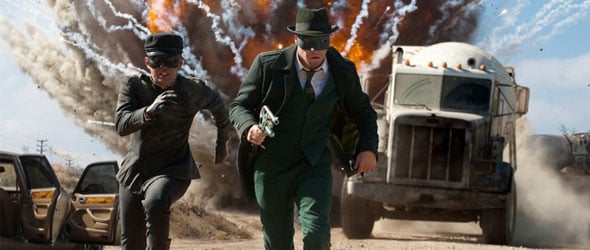
What about the scene where the car gets buried and there’s that huge explosion?
CINEMABLEND NEWSLETTER
Your Daily Blend of Entertainment News
Oh, that was extremely written and very hotly debated for a long time. Because originally Michel wanted to pour cement on them and then the cement would solidify and they would come out with cement on them and Kato would smash people with the cement on his body. And we were like, "Yeah…" That’s one of those too kooky ideas. It was like, "How could that happen?" and he was like, "No, I can do it!" We were like, "No. That’s not happening." So we deduced that we would all settle on a hole – that took a long time to figure out.
One thing is the Kato/Britt fight. We went up to Jeff Imada, fight coordinator, and we were like, "You just have to beat the Pineapple fight. Make it feel like the Pineapple fight, but bigger and better." And they came up with most of that.
Though this movie would certainly qualify as part of the superhero genre, there are certain aspects, particularly dealing with the love interest and the villain, that are the complete opposite of what we typically see. What was the motivation behind doing that?
Shane Black is the answer to that question. We met with him, and we came up with the idea to flip the hero/sidekick thing and really dissect that. And we were unknowingly kind of doing that with the dad by making him a dickhead, because we we’re like, "Let’s do the opposite of Batman." And then we met with Shane Black who was considered as the director for a while and we met with him a whole bunch of times and had a great time, because he’s our idol. He’s just the greatest. And he was like, "You flipped some of it. You have to flip everything!" So he kept telling us, "How are you going to do this one? How are you going to do that one? How are you going to flip that one?" And we were unknowingly kind of flipping everything, but he was very knowingly, "You should flip everything."
And the one thing we didn’t do was properly flip the Cameron Diaz thing. We thought we did by making her smarter than them, but she was the one, she said, "I’m not kissing them." And we were like, "You have to kiss someone!" She’s like, "No, no I don’t. That’s what always happens. I don’t want to kiss anybody." And the studio was like, "Can you please make her kiss Kato? Please make her kiss Kato." And she was just like, "I ain’t kissing no one." And I’m glad for it.
But the original idea was for her to have the relationship with Kato?
We wanted them to actually kiss and make it seem like something’s happening and then it doesn’t in the end. And she was just like, "I’m not kissing anybody at all whatsoever at any point."

Also, to talk about Christoph Waltz’s character, Chudnofsky, the part was originally going to be played by Nicolas Cage, but then he left the project and Waltz replaced him. How did the character change when that move was made?
Cage had a character that he’s always liked in his head that he’s always envisioned doing and he wanted to do that character, which was something we totally could have made happen, but it just didn’t pan out with him. And then we wrote a completely different character for Christoph Waltz. There’s literally no connection whatsoever. We had an idea, Nic Cage became involved, Nic Cage was no longer involved, we kind of went back to our old idea.
It was crazy. They were like, "Nic Cage is out." And twenty-four hours later they were like, "I got Christoph Waltz in!" And then twenty-four hours later Christoph Waltz was there and it was like, "You’re first scene films in sixty hours. And we sat with Christoph and rewrote the character. You know the shot where he’s in the hibachi restaurant standing above? That’s his first shot. We were writing his character as that sequence was being filmed with him the whole time. He came on in wardrobe, in his red stuff, and I was like, "Guess we’re sticking with this red thing." That was a mad rush.
This is actually the first script that you’ve written with a PG-13 rating. Was that always the plan and how did it affect your writing process?
It was always the plan, and it affected it by making it less fun. Way, way less fun. Not swearing is less fun. I mean, if you really break it down into a more esoteric thing, it’s like they’re limiting my use of language. There’s not words to replicate all of those words. We have to get kind of creative, which I guess is kind of fun. Like the movie Mean Girls, which I think of and think is an excellent film. They don’t swear but they swear the whole time. They don’t ever say the word fuck or anything, but they’re saying worse things in subtle ways. I think that this whole PG-13 thing is kind of bullshit, but I gotta do what I gotta do. If that’s the price I have to pay to make a movie this big and fun…
The whole thing about saying "fuck" twice and getting an automatic R is absolutely ridiculous.
Well, it’s all a very, very, very non-subtle ploy by the people in the MPAA, which is the stupidest organization on Earth, to bolster whatever companies they work for in a backhanded manner that we all know it’s happening, but for some reason none of us can stop. I don’t get it. There’s not even a guiding mission statement to the MPAA. Like one "fuck"…why? Why the hell would you let them say one "fuck"?
And it’s just language. It’s the way people speak.
I think that’s one of the reasons why Superbad did that well is that people hadn’t seen… swearing had become uncouth in that regard. And people were just like, "Oh, you guys wrote natural dialogue in that movie." It’s like, "No, we just wrote it like how people would speak, rated R, and these movies have not been rated R for the last while.
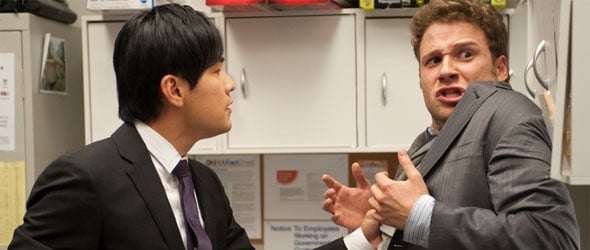
Fox hired you late last year to do a rewrite of a script called Neighborhood Watch. What kind of changes are you going to be making and are there plans for Seth to star?
There’s no plans for him to be in it, but you never know what could happen, though. I wanted to do it to make some cash, because Green Hornet took way longer than it was supposed to. You have a whole bunch of employees and I don’t get a $10 million paycheck. So we had to figure that out real quick, I just wanted to do something, and someone said, "We have this idea…" and I liked the idea because it was kind of out there and not just "It’s two guys in a comedy!" And we’re writing it right now, we just handed in the first draft and they liked it and they’re going to get us to do some more. And it’s a super fun idea because it’s broader than anything we’ve kind of done, but we’re writing it now and that’s all we’ve got planned for now.
On the subject of future projects, Pineapple Express 2 is being demanded and we hear a little bit about the project occasionally. Where do things stand?
We have the whole thing plotted out. Very lengthy. We have three versions of it figured out, we think we know which one we want to do and, really, I’ve been the one stopping it. Because I was just like, not to say we’re the greatest filmmakers on Earth – as the Coen brothers kind of are – but they didn’t make Blood Simple 2. They didn’t make The Big Lebowski 2. And I keep thinking – and again, they’re much smarter than us and much more sophisticated and much better at all of this – but I look at them as some of my idols and I’m just like, "Really?" But then I think about Lethal Weapons. They made four of them and I loved every one of them.
But, I mean, Pineapple Express and Superbad are our babies. But in the end, really, if we made a Superbad 2 that would be putting a bullet in our heads, I think. But Pineapple 2? I pitched it in front of enough dudes and they’re like, "Please! Just do it!" And really when it comes down to it I think is I went to Danny McBride’s wedding recently and Danny and Franco and Seth and me were all there and I was just like, "Fuck it, let’s do this!"
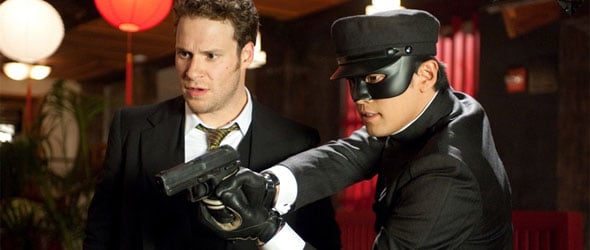
I don’t suppose you could clue me in to what you might have planned…
I don’t know if I should. I still don’t know what’s going to happen. Now everyone’s super famous so now we have to work on all of these deals. We probably won’t have time for like two years. I’m warming up to it. I’m still hesitant though. If it was terrible, it really would have a damaging effect on our career in a massive way. But, man, would I just like to work with all of those guys again.
How real are Jay and Seth vs. The Apocalypse and Sausage Party?
Super fucking real. Jay and Seth vs. The Apocalypse we’re outlining right now, we have the first run-through of the outline done. And Sausage Party is the most real project in the history of the world. We’re never going to stop until we get that thing made. We might get financing, literally, on Monday. We’re very close. We know which animation people we want to do it with. The script is completely finished and, I’m very proud to say, excellent.
The story is been a bit under wraps, can you maybe spill a bit about the project?
Yeah. It’s about sausages, hot dogs, and they’re whole goal is to get purchased. And they get lost and they need to get back to they’re aisle before the Fourth of July starts. I don’t want to give away too much.

Eric Eisenberg is the Assistant Managing Editor at CinemaBlend. After graduating Boston University and earning a bachelor’s degree in journalism, he took a part-time job as a staff writer for CinemaBlend, and after six months was offered the opportunity to move to Los Angeles and take on a newly created West Coast Editor position. Over a decade later, he's continuing to advance his interests and expertise. In addition to conducting filmmaker interviews and contributing to the news and feature content of the site, Eric also oversees the Movie Reviews section, writes the the weekend box office report (published Sundays), and is the site's resident Stephen King expert. He has two King-related columns.
